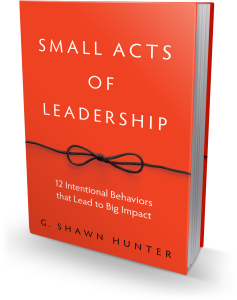No, Time is Not Money

How would you answer these questions?
- Would you prefer a less expensive apartment with a longer commute, or a more expensive apartment closer to work?
- Would you buy a more expensive direct flight, or a less expensive flight with a layover?
- Would you choose a job with a higher starting salary, which required more hours of your time?
- Do you pay to park in the garage convenient to your destination, or park for free farther away?
These are a few of the questions Elizabeth Dunn and her colleagues at The University of British Columbia asked of participants to help understand how our priorities affect how happy we feel. In the study the authors found that those who prioritize time over money expressed a greater willingness to use their money to have more time, and often spend that time in more enjoyable activities.
The researchers enlisted a large sample of people (2303 students) to try to understand the how prioritizing time versus money affects our level of subjective well-being.
“Consistent with our hypothesis, participants who prioritized time reported higher subjective well-being compared to participants who prioritized money.”
Once the authors found that a large sample of university students who prioritize time over money were happier, they worried that sampling only college kids wasn’t a reasonable representation of the greater population. After all, college students don’t have to worry about money too much, right? It would make sense that they would care more about their time.
So next they enlisted over 1200 working American adults with wide social, ethnic, political, and financial diversity to replicate the study. Once again, they found a consistent correlation between valuing time over money, and an increased sense of well-being. Interestingly, those who valued time over money tended to also maximize their free time engaged in highly enjoyable activities such as socializing with friends, and exercising.
Toward the end of the research paper, the authors concede that these priorities likely change over time, as our life circumstances change, and more research needs to be done to understand whether time priorities become easier after financial obligations are met.
Here is one life hack Elizabeth Dunn offers that does work. Instead of our common behavior of “enjoy now, pay later” enabled by our credit banking system, Dunn suggests trying “pay now, consume later”. When you pre-pay for the lunch, the latte, or even the vacation, by the time you actually consume and experience it, it feels free and is more enjoyable.
- Join my Email updates
- Learn more about my Speaking work
- ____________________________________________________
 Shawn Hunter is President and Founder of Mindscaling, a company building beautiful elearning courses based on the work of best-selling authors. My new book Small Acts of Leadership, (Bibliomotion) will be out in October, 2016. You can pre-order a copy now.
Shawn Hunter is President and Founder of Mindscaling, a company building beautiful elearning courses based on the work of best-selling authors. My new book Small Acts of Leadership, (Bibliomotion) will be out in October, 2016. You can pre-order a copy now.
Twitter: @gshunter
Say hello: email@gshunter.com
Web: www.shawnhunter.com



